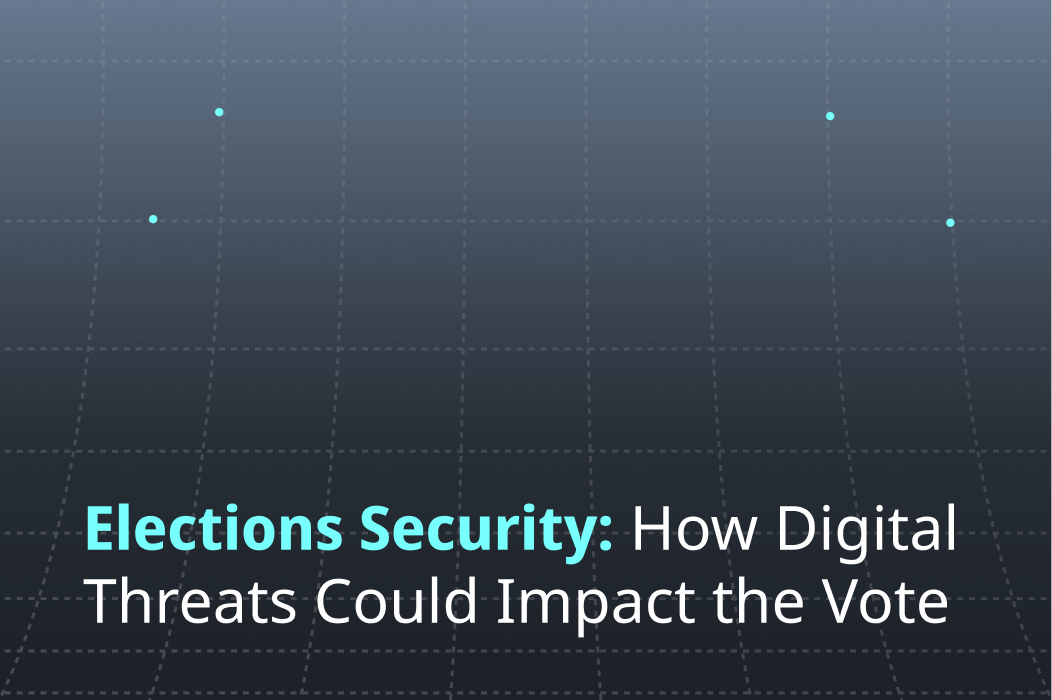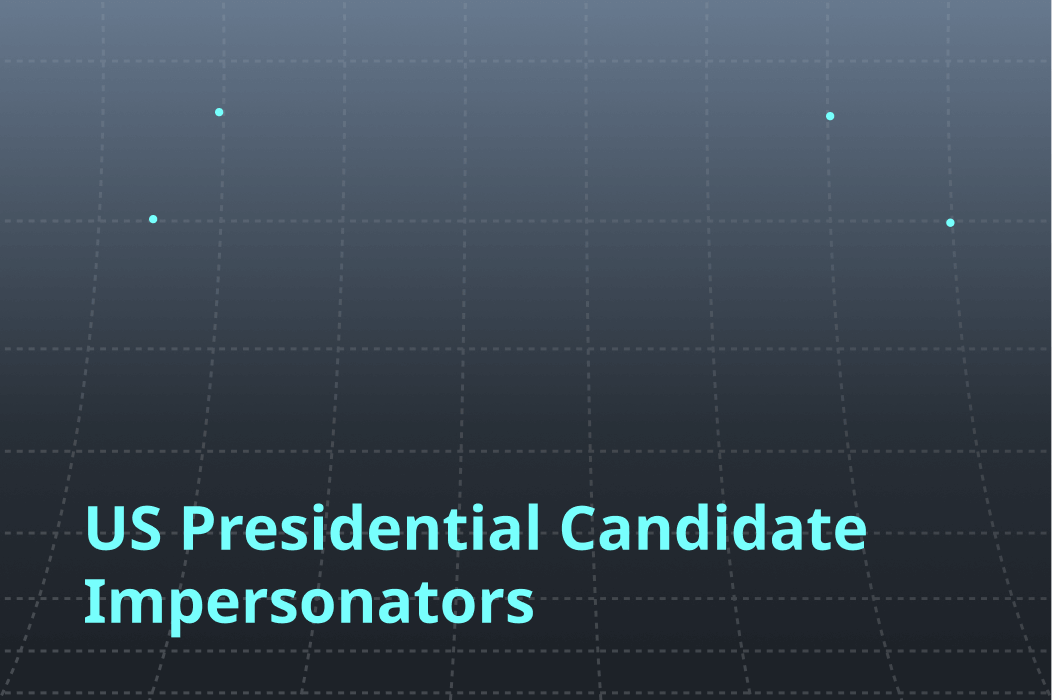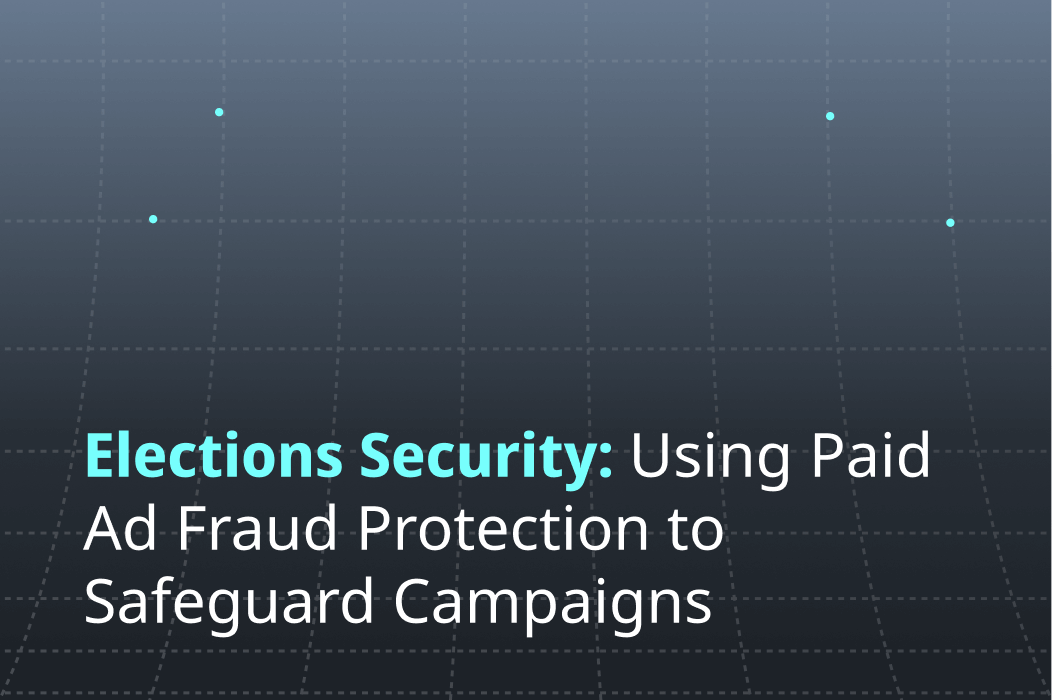As November 5th approaches, 2024 presidential election security is front of mind for CISOs and IT admins looking to protect employees and voters from digital threats targeting the democratic process. With election security issues like disinformation spreading faster than ever, and online scams becoming more sophisticated, companies and voters need to be aware of the dangers that could disrupt the election.
In an election security report released in July, Doppel detected close to 400 suspicious domains related to major candidates, with almost 200 exclusively linked to Donald Trump, Joe Biden, Kamala Harris, and Robert F. Kennedy Jr.
To help fight election security scams, Doppel has partnered with Defending Digital Campaigns (DDC), a nonpartisan nonprofit that is dedicated to protecting political campaigns from cyberattacks.
“Election security is of utmost importance, and Doppel is invested in protecting the election campaigns with our Vision AI,” said Doppel CEO Kevin Tian. “We’re committed to providing security solutions that keep campaigns and voters safe.”
Election Security Issues and How to Avoid Them
1. Fake Campaign Websites and Phishing Scams:
Imagine searching for information on a presidential candidate, clicking on what looks like an official site, and unknowingly giving your personal details to a scammer. In recent months, Doppel has detected a surge in fraudulent domains mimicking official campaign sites. These sites may look legitimate, but they’re designed to steal personal information or distribute misleading content.
What you can do: Always double-check a website’s URL before entering any personal information, and when in doubt, go directly to the candidate’s official website by typing the address into your browser rather than following a link.
2. Social Media Impersonation and Misinformation:
Social media is a powerful tool for staying informed, but it’s also a breeding ground for disinformation. Doppel’s research has uncovered numerous fake social media accounts posing as presidential candidates, including high-profile figures like Joe Biden and Robert F. Kennedy Jr. These accounts spread false information, create confusion, and undermine public trust in the election.
What you can do: Verify the authenticity of social media accounts by checking for blue verification checkmarks and cross-referencing the information with other reliable sources. Be cautious of sensational claims and always seek out multiple perspectives before forming an opinion.
3. Deepfakes and Manipulated Media:
In the digital age, seeing is no longer believing. Deepfake technology – where AI is used to create hyper-realistic fake videos – has been weaponized to produce misleading content that can sway public opinion. Doppel’s monitoring has revealed deepfake videos and images designed to deceive voters by portraying candidates in fabricated situations.
What you can do: Approach viral videos and images with skepticism, especially if they seem too extreme or out of character for the candidate in question. Use fact-checking websites or tools like reverse image searches to verify the authenticity of media before sharing it.
4. Election-Related Cryptocurrency Scams:
With the rise of cryptocurrency, scammers are exploiting the election buzz by promoting fraudulent election-themed cryptocurrencies or “meme coins.” These digital assets are marketed as opportunities to support candidates or capitalize on election-related events, but they often turn out to be scams.
What you can do: Be wary of any cryptocurrency tied to the election or specific candidates. Stick to well-known, established cryptocurrencies and avoid investments that seem too good to be true. Always research thoroughly before making any financial commitments.
Election Security Issues: More Ways to Protect Yourself
In a time where digital threats are more sophisticated than ever, staying informed and cautious is the best defense. Here are some steps you can take:
1. Educate yourself:
Stay updated on the latest digital threats by following reputable news sources and cybersecurity experts. The U.S. Cybersecurity and Infrastructure Security Agency’s (CISA) #Protect2024 page is a great place to start.
2. Verify before you share:
Think twice before sharing content online, especially if it has the potential to influence others’ opinions about the election.
3. Report suspicious activity:
If you encounter a fake website, social media account, or deepfake, report it to the platform or relevant authorities.
By being vigilant, you can help ensure that purposeful 2024 presidential security election security measures help our democratic process remain fair and free from digital manipulation.
To dive deeper into these election security issues and how to counteract them, check out Doppel’s July 2024 Election Threat Report. Let’s work together to protect our democracy.


